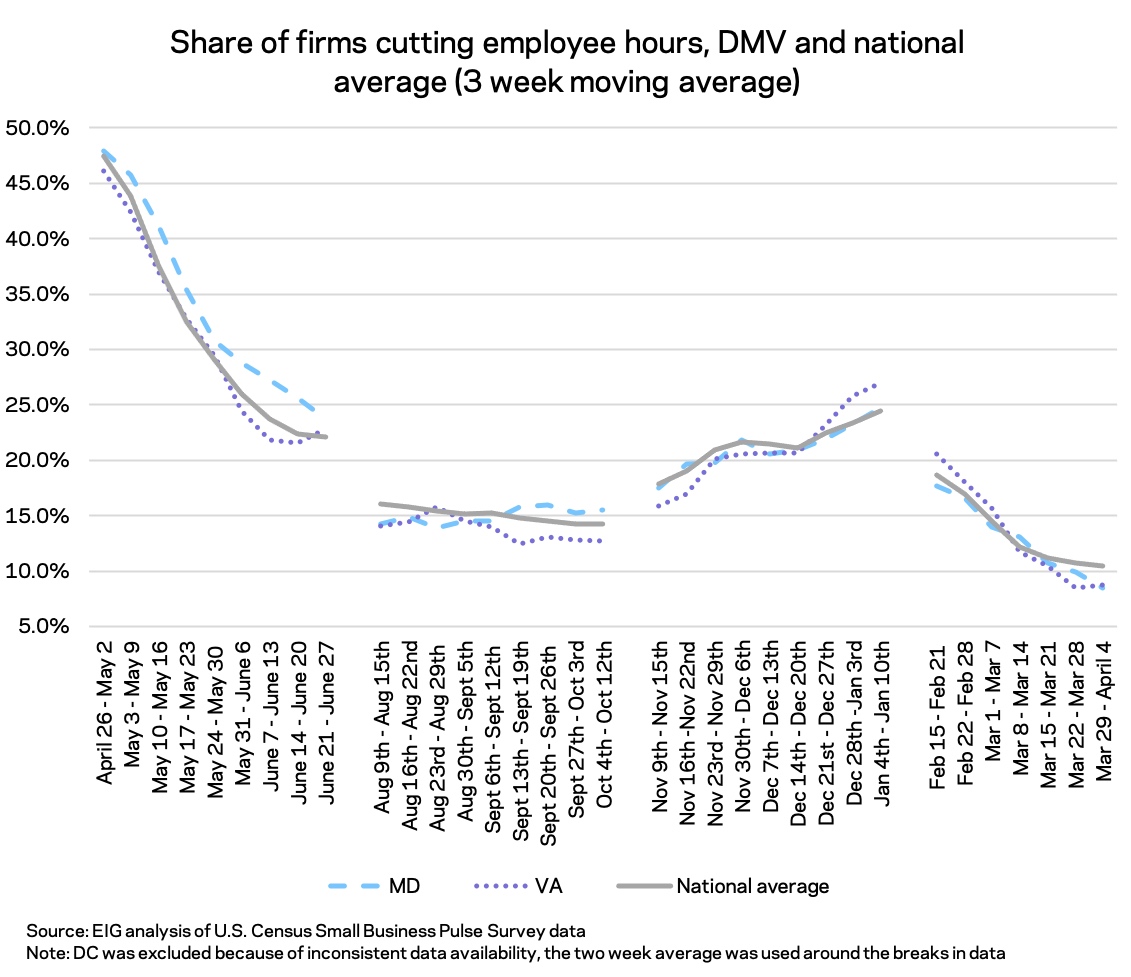Venture funding for digital health in 2021 has already shattered 2020’s record, with more than $20 billion invested in digital health startups, according to a recent industry report from Rock Health.
While it is heartening to see increased investment in historically neglected areas such as mental health, female-funded startups and health equity, there remains a fundamental paradox in digital health. Out of these thousands of mobile apps and digital disrupters embraced by both Silicon Valley and consumers (who are now used to these technologies from other industries) getting to broad adoption and reimbursement in the healthcare industry remains challenging.
There may be many reasons for this. Healthcare providers are interested in validated outcomes (how can this mobile app help make my patients healthier?) and identifying effective digital solutions they can “prescribe” to their patients from a myriad of potential solutions. Similarly, payers/insurers are interested in outcomes and cost reduction to justify reimbursement for new tech.
It is imperative that digital health entrepreneurs work closely with providers and payers to figure out the complex challenges around implementation, requiring culture change and disruption of status quo with electronic medical records and current infrastructure investments, outcomes validation and sustainability of business models. Paradigm shifts in healthcare innovation require a multi-disciplinary and multi-stakeholder approach grounded in collaboration.
That changemaker could be happening right here in Maryland in the form of 1501 Health, a unique payer-provider partnership between Healthworx, the innovation and investment arm of CareFirst BlueCross BlueShield and LifeBridge Health. Through this innovative incubator that combines the expertise of a healthcare payer and a healthcare provider, startups develop a better understanding of how they can achieve clinical validation for their ideas and a roadmap to scale their innovation at an accelerated pace. The 1501 Health incubator offers entrepreneurs valuable “payvider” insight they likely cannot get anywhere else, with a strong emphasis on a collaborative, community approach.
We have already seen how this “payvider” model can work, as the five companies in 1501 Health’s inaugural class are already benefitting from access to mentors, funding and overall guidance to navigate the complex healthcare ecosystem.
We have now launched the search for 1501 Health’s second group of startups to join this program, seeking to leverage technology in innovative ways to reach underserved populations promoting health equity. Applications for the 2022 cohort will remain open through Nov. 16 at the 1501 Health website.







